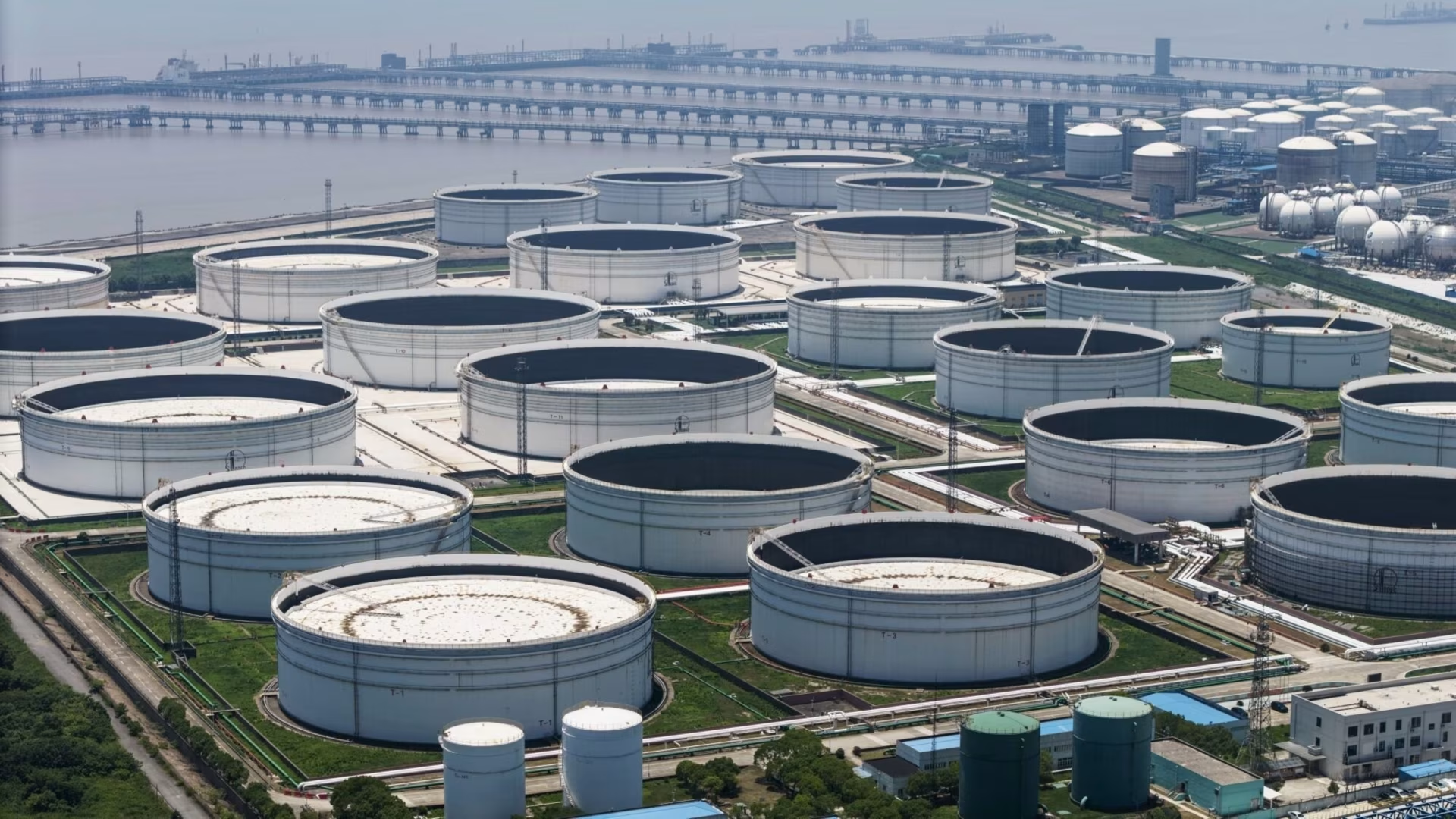
作者/Author(s): Brian Spegele
網站來源/Source: The Wall Street Journal
日期/Date: 07/22/2025
關鍵字/Keywords: 經濟、能源、中國、石油、美國
摘要:
中國的能源進口預計於2027年達到高峰後逐步下降,這一轉變主因中國自2018年後持續提高國內石油產量,並逐漸禁止進口原油、柴油與汽油。
- 雖然中國不會完全禁止石油進口,但作為全球主要能源進口國之一,中國此舉將減少外國石油供應商的收入。
- 北京政府早在十多年前便認為中東的衝突和麻六甲海峽的能源節點漏洞將影響國家安全。
- 自毛澤東時代起,中國一直在追求能源自主。雖然曾於大慶發現大型油田,但當時正值經濟改革,內部石油產能難以滿足龐大的需求。
- 自 2018 年起,習近平指示國有企業在中國的近海和沙漠地區尋找並開發石油。
- 專精離岸鑽探的中國海洋石油公司(CNOOC)加速鑽井週期,以加快開發油田,並與華為合作提升產能。北京方面亦加強南海巡邏,以保護該公司的作業安全。
- 中國公司也成功克服了塔里木盆地沙漠的惡劣環境與成本技術困難,推動產官合作,積極實現國家能源安全目標,習近平更曾親自鼓勵石油工人。
- 中國內部電動車(EV)銷售迅速攀升,也推動了中國的能源革命。
- 由中國自主設計並在地生產的純電動車與插電式油電混合車,已占據國內乘坐用車大半銷量。然而,產能過剩導致國內價格戰加劇,甚至引發全球電動車貿易緊張。
- 習近平積極推動電動車旨在減少石油需求,並超越美國的汽車製造版圖。北京政府亦啟動許多刺激國產電動車生產和銷售的措施。此外,特斯拉在上海開設生產中心,也推動了中國的電動車轉型。
Summary:
Chinese energy imports are expected to peak in 2027 and then decline thereafter. This comes after China promoted domestic oil output since 2018 and has been gradually phasing out crude oil, diesel, and gasoline imports.
- Although China will not halt oil imports completely, it will reduce revenues for foreign oil suppliers, given that China is a significant energy export market.
- The Beijing government had identified conflict in the Middle East and energy chokepoint vulnerabilities in the Strait of Malacca as problems to its national security more than one decade ago.
- China has pursued energy independence a long way since Mao's era. Although it discovered a massive deposit in Daqing, oil production could not keep pace with domestic demand amid economic reforms.
- Since 2018, Xi Jinping has ordered state-owned companies to explore and drill for oil in China's near-seas and desert areas.
- CNOOC, specializing in offshore oil drilling, has accelerated its drilling cycles to activate oil fields more quickly and partnered with Huawei to optimize production. The Beijing government also aggressively patrolled the South China Sea to protect CNOOC's operations in the region.
- Chinese companies successfully navigated the harsh conditions of the Tarim Basin deserts and the high costs associated with oil exploration. The companies stand with the government in support of China's energy security future, promoting Xi to encourage the workers personally.
- The domestic surge in electric vehicles (EVs) also boosted China's energy revolution.
- Locally designed and produced all-electric or plug-in hybrid vehicles accounted for more than half of Chinese domestic passenger vehicle sales. However, the industry overproduced, leading to a domestic price war and tension over the global trade of EVs.
- Xi promoted EV development to reduce oil demand and surpass the U.S. in carmaking. The government has initiated measures to stimulate domestic EV production and sales. Tesla's opening of a production hub in Shanghai further boosted China's EV transition.
